A Time Machine of Classic Top 40 Radio
 I grew up – like all baby boomers – during an era of radio when the Top 40 format was perfected during the first two decade of rock and roll, and genres didn’t divide up into separate formats. An entire generation of pop music fans pretty much grew up listening to a wild mix of rock, soul, country – white and black – with a lot of novelty songs thrown in for good measure.
This was true through the 1960s, certainly and also up through the mid-‘70s. But two things happened to radio between, say 1969 and 1974. First, the FM progressive or freeform format that had emerged in 1967 began attracting the older rock music fans, and for the first time, after 1969, there was a defined generation gap. If you were in college and protesting the Vietnam war, chances were the Archies’ “Sugar Sugar†wasn’t as relevant to you as, say, Ten Years After’s “I’d Love to Change the World.†For me, being just 11 during the summer of 1969, bubblegum rock was a sweet and welcome part of my musical diet.
There was a lot of crossover between FM and AM, especially during the early ‘70s. For instance songs like Crosby, Stills, Nash and Young’s “Ohio†was a hit on AM as well as FM stations.
I grew up – like all baby boomers – during an era of radio when the Top 40 format was perfected during the first two decade of rock and roll, and genres didn’t divide up into separate formats. An entire generation of pop music fans pretty much grew up listening to a wild mix of rock, soul, country – white and black – with a lot of novelty songs thrown in for good measure.
This was true through the 1960s, certainly and also up through the mid-‘70s. But two things happened to radio between, say 1969 and 1974. First, the FM progressive or freeform format that had emerged in 1967 began attracting the older rock music fans, and for the first time, after 1969, there was a defined generation gap. If you were in college and protesting the Vietnam war, chances were the Archies’ “Sugar Sugar†wasn’t as relevant to you as, say, Ten Years After’s “I’d Love to Change the World.†For me, being just 11 during the summer of 1969, bubblegum rock was a sweet and welcome part of my musical diet.
There was a lot of crossover between FM and AM, especially during the early ‘70s. For instance songs like Crosby, Stills, Nash and Young’s “Ohio†was a hit on AM as well as FM stations.




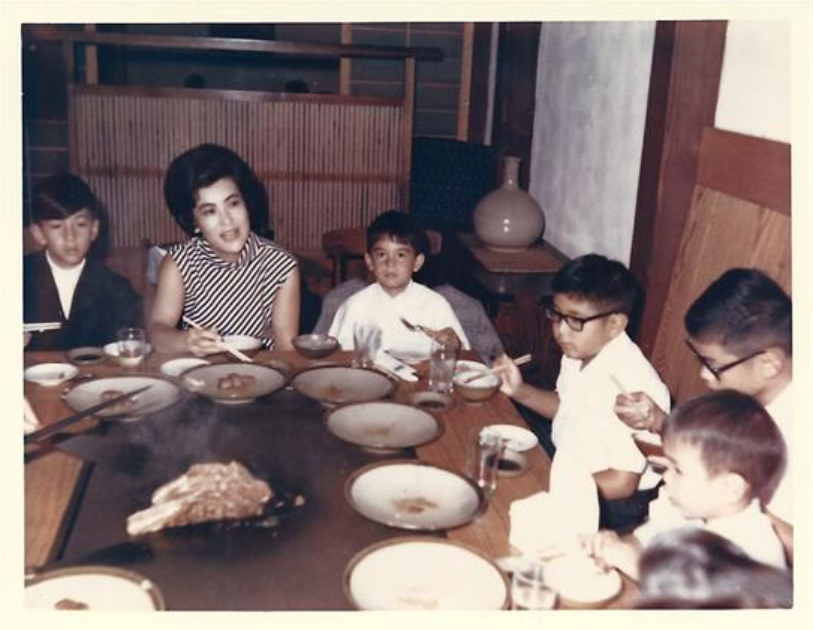
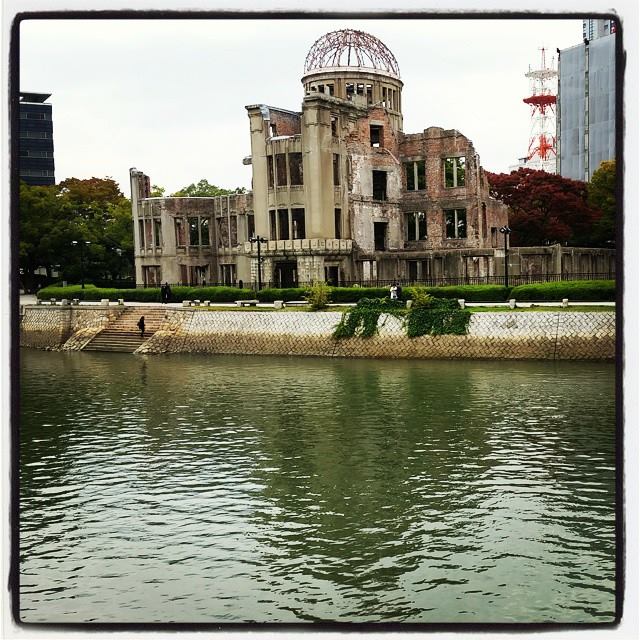
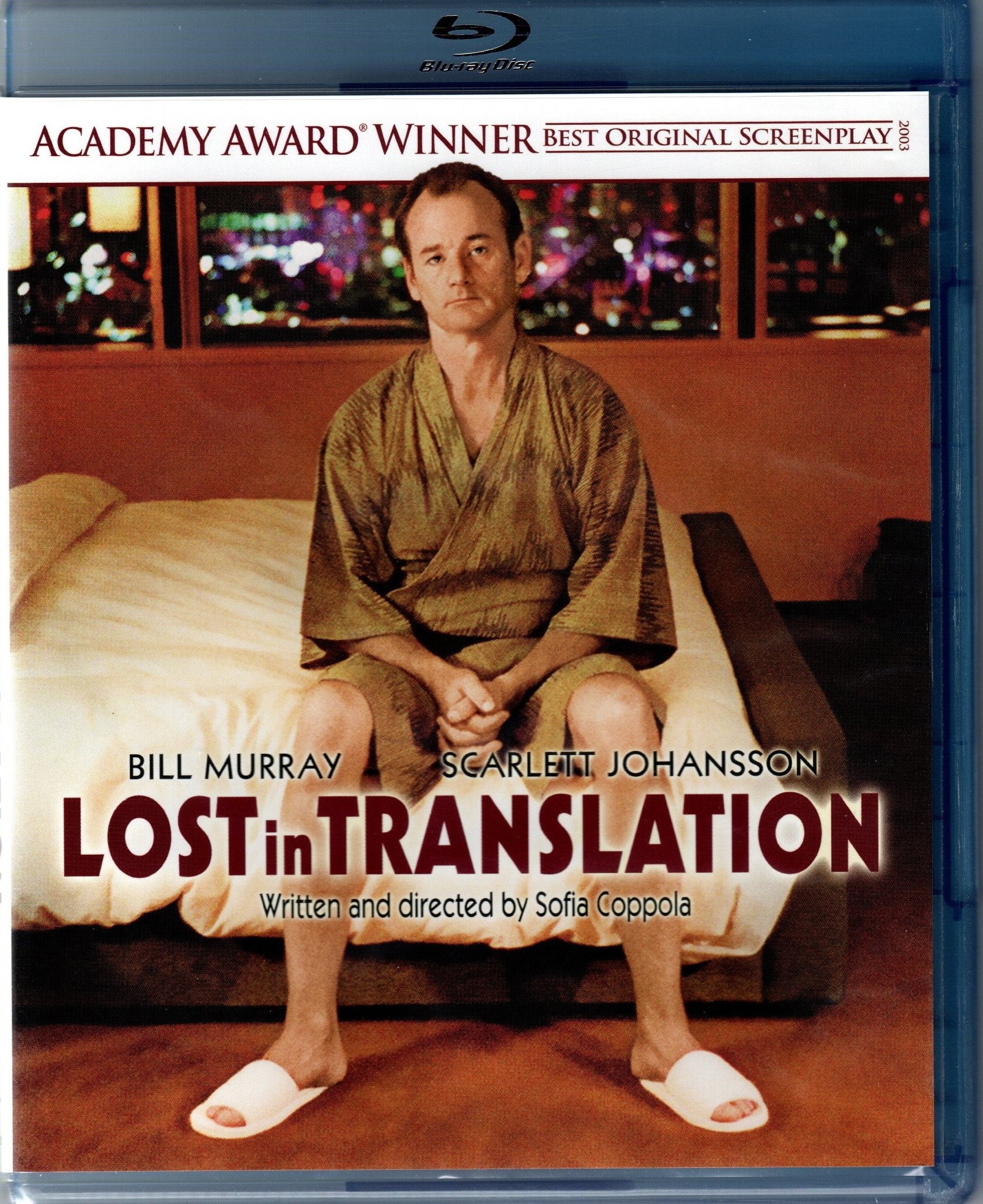
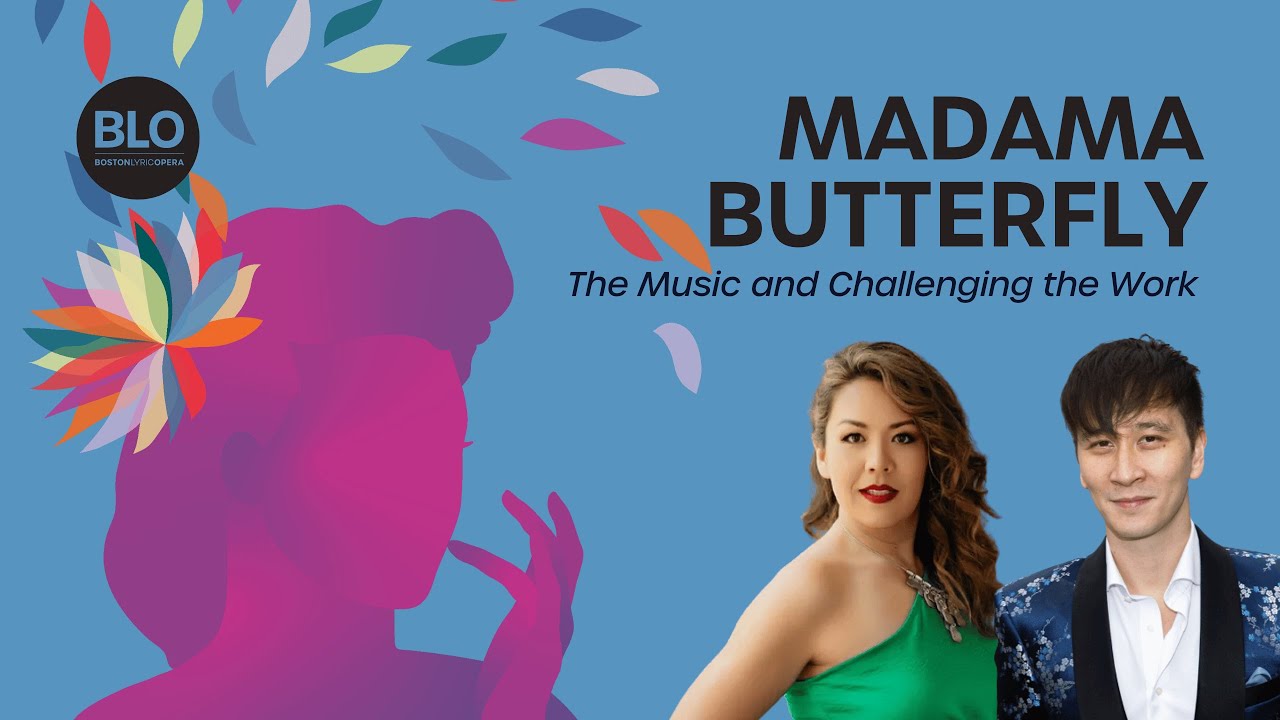
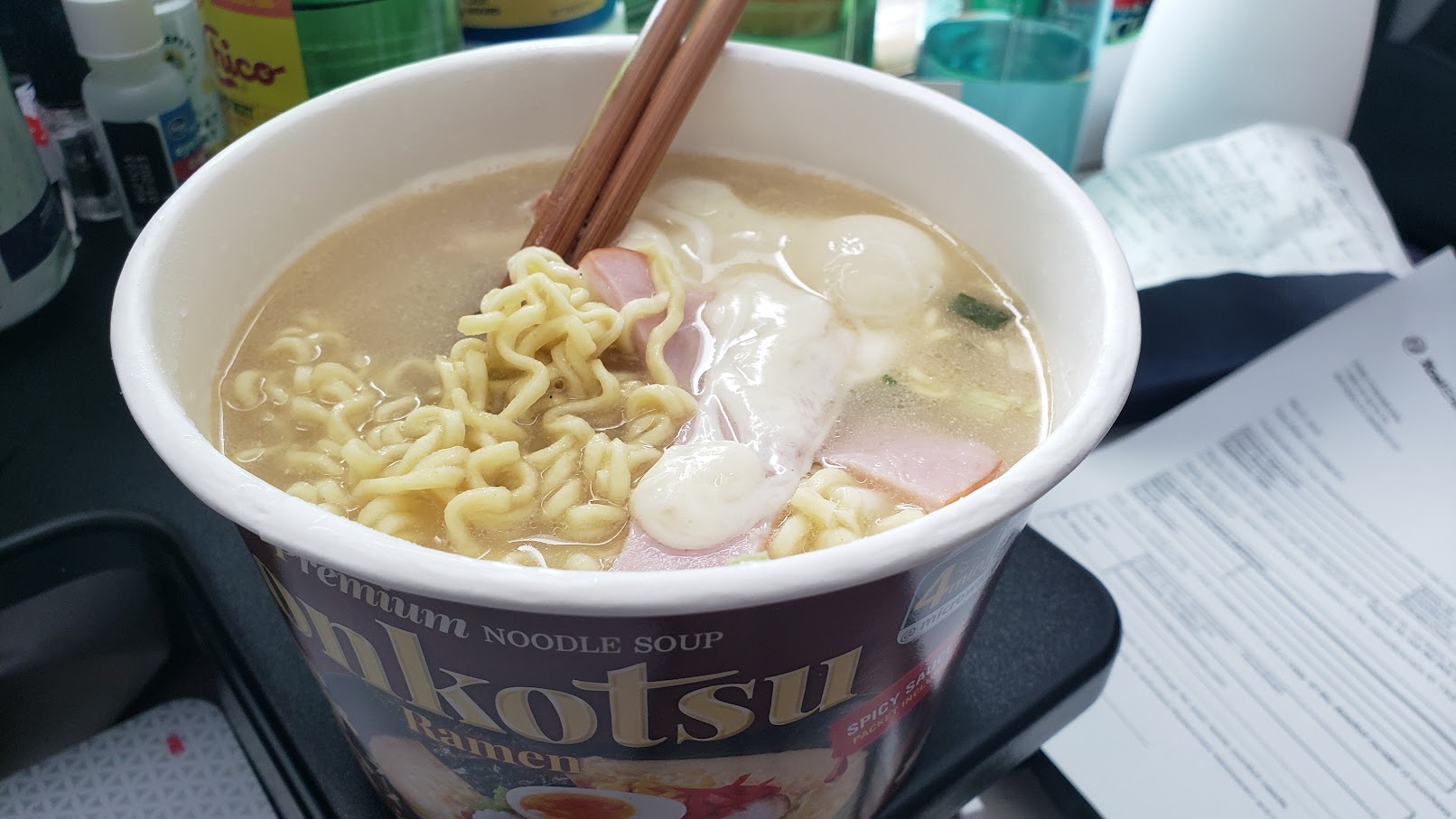
 I finally saw Peter Jackson's 2005 remake of "
I finally saw Peter Jackson's 2005 remake of " One great thing about living in the New York area is the simple fact of its diverse population. I've been shopping regularly at various Asian markets in the area -- a Japanese grocery store in Manhattan; the huge Japanese supermarket, Mitsuwa, in northern Jersey; the Korean Han Ah Reum (better known as H-Mart) -- and buying everything from eggs and orange juice to Asian staples like rice, packaged ramen and a variety of unique Asian snacks and junk food.
Here in Jersey City's Journal Square area, there's a concentration of Indians and Pakistanis and a two-block stretch of nothing but Indian groceries and restaurants along Newark Avenue. Today, I explored the neighborhood around Journal Square and discovered to my delight that on another stretch of Newark Avenue, there are a number of Filipino businesses.
One great thing about living in the New York area is the simple fact of its diverse population. I've been shopping regularly at various Asian markets in the area -- a Japanese grocery store in Manhattan; the huge Japanese supermarket, Mitsuwa, in northern Jersey; the Korean Han Ah Reum (better known as H-Mart) -- and buying everything from eggs and orange juice to Asian staples like rice, packaged ramen and a variety of unique Asian snacks and junk food.
Here in Jersey City's Journal Square area, there's a concentration of Indians and Pakistanis and a two-block stretch of nothing but Indian groceries and restaurants along Newark Avenue. Today, I explored the neighborhood around Journal Square and discovered to my delight that on another stretch of Newark Avenue, there are a number of Filipino businesses.  I'm watching "
I'm watching " The Washington Post ran
The Washington Post ran  One of the most satisfying aspects of the
One of the most satisfying aspects of the  The New York Times this morning
The New York Times this morning 